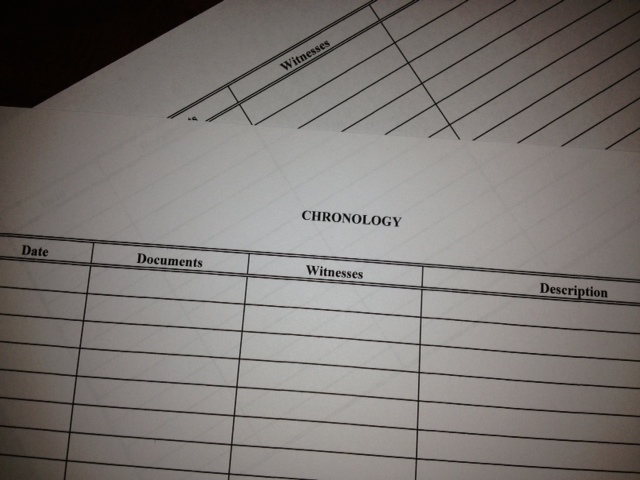What to Do If You Are Served With a Subpoena
If you are served with legal papers it is important to determine what type of papers you received. Are you being sued or are you being called to court or a deposition as a witness. It is worth a call to a litigation attorney to help you determine what steps to take so that you do not find yourself embroiled in someone else’s lawsuit.
What Is a Subpoena?
 First you must determine if you have been served with a summons or a subpoena. If you have been served with a summons it means you are being sued. Click on this link to see an example of a summons. A subpoena is a document that requires the attendance of a witness or the production of documents at a deposition, trial or hearing. Subpoenas can be served on parties and non-parties to a lawsuit or criminal case. An example of a subpoena can be seen by clicking on this link.
First you must determine if you have been served with a summons or a subpoena. If you have been served with a summons it means you are being sued. Click on this link to see an example of a summons. A subpoena is a document that requires the attendance of a witness or the production of documents at a deposition, trial or hearing. Subpoenas can be served on parties and non-parties to a lawsuit or criminal case. An example of a subpoena can be seen by clicking on this link.
Types of Subpoenas
There are two main categories of subpoenas: deposition subpoenas and trial subpoenas. A deposition subpoena requires attendance and/or the production of documents or other things at a deposition. A deposition subpoena is necessary to compel a non-party witness to appear and give testimony or produce documents at a deposition. Subpoenas are not required to compel someone who is a party to an action to appear.
Continue reading
 California Business Litigation Attorney Blog
California Business Litigation Attorney Blog





